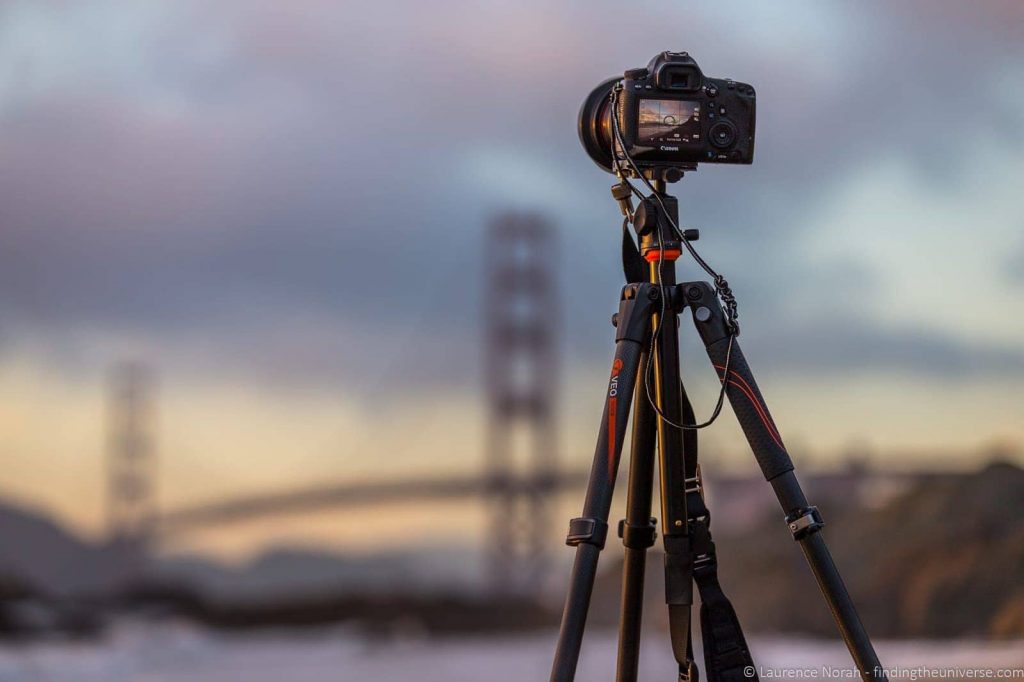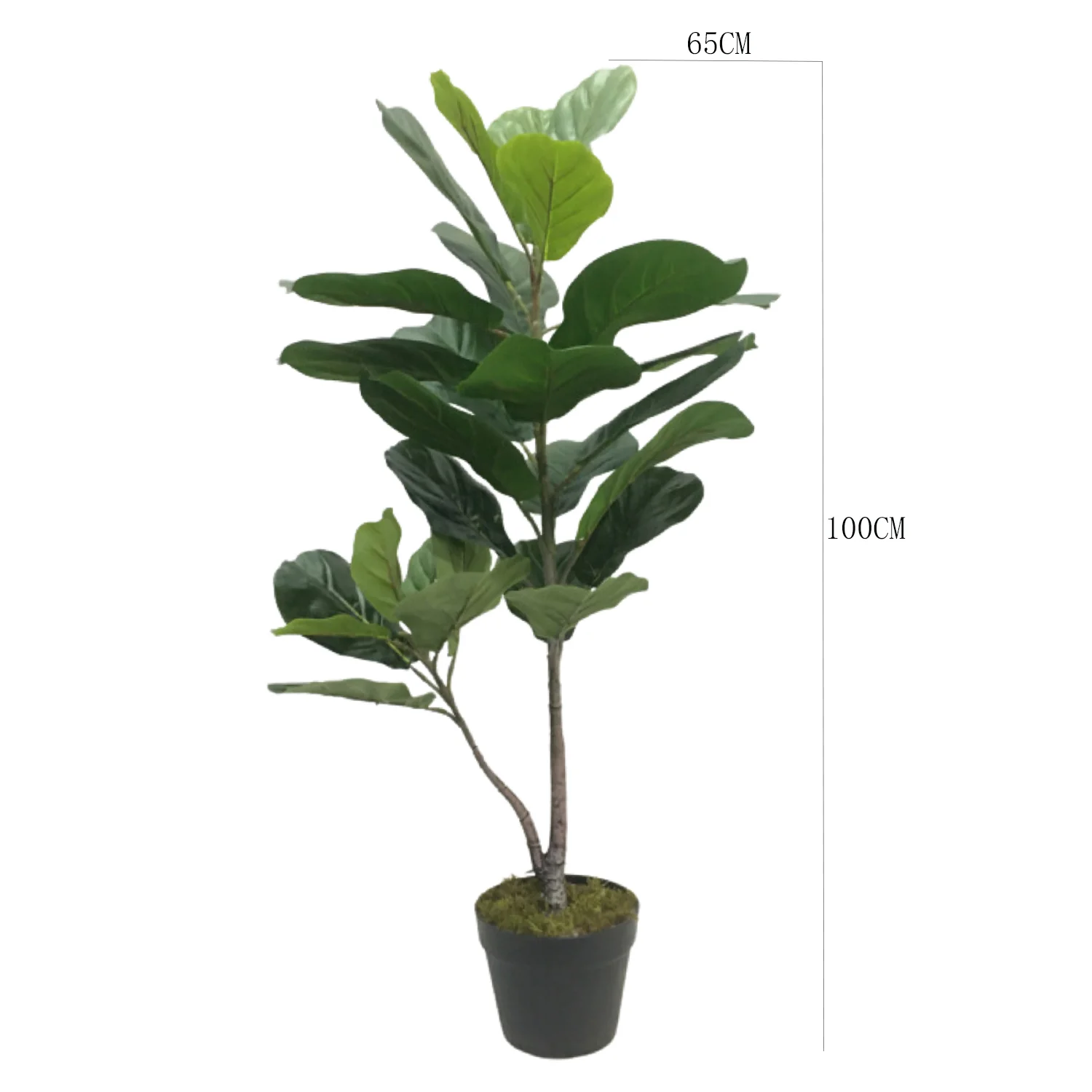
Photography is an art that captures beautiful moments through a lens, allowing us to express ourselves in a unique way. However, there is a common misconception that to be a photographer you must have a professional camera. In this blog post, we’ll demystify that mystery and explore whether you really need a professional camera to become a photographer.
First, let's be clear: professional cameras do have some advantages, such as higher pixels, wider dynamic range, and more manual control options. These features may be essential for professional photographers who require optimal image quality and flexibility in a variety of complex shooting conditions. However, for most photography enthusiasts and beginners, a professional camera is not necessary.
Today’s smartphones and entry-level cameras already have pretty good shooting capabilities. They come with high-pixel sensors, multiple shooting modes, and post-processing features that make it easy to capture satisfying photos. In addition, smartphones also have the advantages of portability and instant sharing, making photography more convenient and practical.
However, being a good photographer doesn't just depend on the make or model of your camera. More importantly, photographers should have some basic photography skills and artistic perception. No matter what camera you use, it’s crucial to understand the basic principles of light, composition, color, and storytelling. These skills and knowledge can be improved through study, practice and continuous exploration.
In addition, post-processing is also a part of the photography process that cannot be ignored. No matter what camera we use, post-processing can help us adjust exposure, contrast, color balance, etc. to achieve better results. There are now many free and paid post-processing software options available that make post-processing easier and more convenient.
Finally, as a photographer, we should understand that the essence of photography is to express and convey emotions. Cameras are just tools, it’s our creativity and unique perspective that really matters. No matter what camera we use, we can become great photographers if we are able to observe, capture moments, and convey our stories and emotions through images.
In summary, while a professional camera has some advantages, it is not a requirement to be a photographer. Today's smartphones and entry-level cameras already have pretty good shooting capabilities, and the key to photography lies in skill, artistic perception, and creativity. No matter what camera we use, as long as we put our heart into shooting and conveying emotion, we can become a great photographer.


